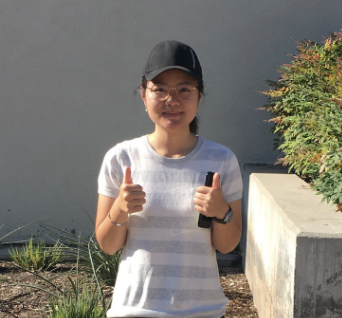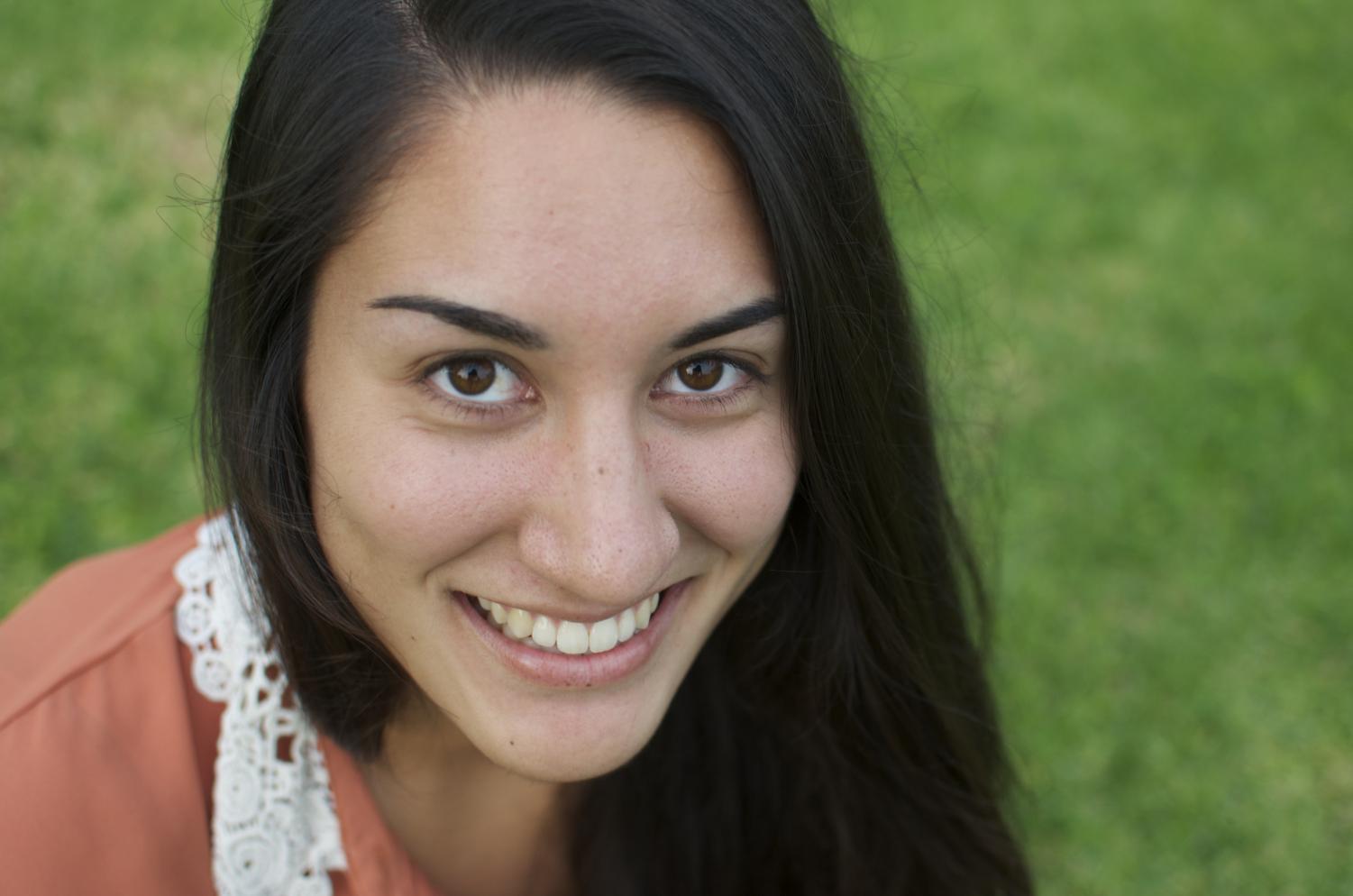
“We’re friendly, and we want to share smiles. We want to be connected!”
Jesslyn Sudarta, a senior liberal studies and multidisciplinary major, grew up in Indonesia and has a Chinese-Indonesian heritage, which she describes with the portmanteau “Chindo.” Sudarta’s great-great grandparents immigrated to Indonesia from China, and Sudarta speaks Indonesian as her first language.
Sudarta said most of the Indonesian Biolans she has met are from west Java, but Sudarta grew up in the city of Surabaya in east Java. Sudarta explained that west Java, where Indonesia’s capital city Jakarta lies, is more business-oriented and full of high-rise buildings. Sudarta’s city in the east, Surabaya, is the second largest in Indonesia, a metropolis with tree-lined streets where bright flowers blossom alongside the road.
The best friend of Sudarta’s older sister graduated from Biola and told Sudarta about the Bible minor, which piqued her interest. Dr. Corey spoke at Sudarta’s high school in Indonesia her junior year and Sudarta decided that was God’s confirmation that Biola was the university where she should attend. Biola was the only school where she applied. Sudarta’s freshman year was during the COVID-19 pandemic, so she stayed at home in Indonesia and came to campus the second semester of her sophomore year.
When Sudarta came to Los Angeles, she experienced two months of intense homesickness and struggled with the 14-hour time difference between the United States and Indonesia. This made it difficult to communicate with friends and family back home. Since Sudarta learned English at school in Indonesia, she was confident in her communication skills but still struggled with the language barrier in casual conversation.
Missions Conference was a turning point for Sudarta. As the only global student among 12 coordinators, two directors and one assistant, she managed the global lunch, made decorations and handled a marketplace that sold T-shirts and bags. Sudarta said that her fellow workers in Missions Conference truly cared for her and loved Jesus, which gave her a strong sense of community.
Since she came to Biola her sophomore year, Sudarta said she struggled to connect with Global Student Programs & Development and said she “didn’t really get that GSPD moment.” She said no one from GSPD approached her because she entered Biola mid-semester. However, the Biola Indonesian Students’ Association (BISA) rallied around her. Seniors in BISA asked Sudarta what she needed and drove her to the store when she needed to run errands. Sudarta said that GSPD did hold a meeting to help international students fill out the forms they needed to submit as student workers, which was helpful for her.
Sudarta and her roommate, who is from Jakarta, bonded over a shared love of Indonesian food. Sudarta described Surabaya’s rawon as a black soup with rich spices eaten with salted egg and bean sprout. She also talked about pecel, a combination of different vegetables, that she loves to eat for breakfast with peanut sauce. Sudarta enjoys tofu and tempe, which is made from fermented fried soybean, and rice. When eating at the caf with her roommate, Sudarta was bewildered when she noticed that “here, people only eat salad.” Back home, Sudarta said, people do not say they have eaten until they have had rice.
Sudarta said that in Indonesia, people tend to be very family-oriented compared to Biola’s individualistic culture. In Indonesia, when a person asks how another is doing, Sudarta said they truly care to know the answer. She described several cultural differences between the U.S. and Indonesia — back home, one always uses their right hand when shaking hands or giving someone an item, which is not strictly followed in the U.S.
Sudarta said that students in Indonesia bow when greeting teachers and elders and never call older people by their first name. Older men are respectfully addressed as Om, and older women as Tante. After coming to Biola, Sudartha was shocked to hear students address professors by their first name. This would be considered very impolite in Indonesian culture.
Sudarta said that sometimes people at Biola misinterpret Indonesians’ friendliness, but she emphasized that her happiness and greetings are sincere — she wants to get to know other people.
“We’re friendly, and we love to share smiles, but they see that as weird,” Sudarta said. “It’s not that we want something from you; that’s just our culture. We want to be connected!”


